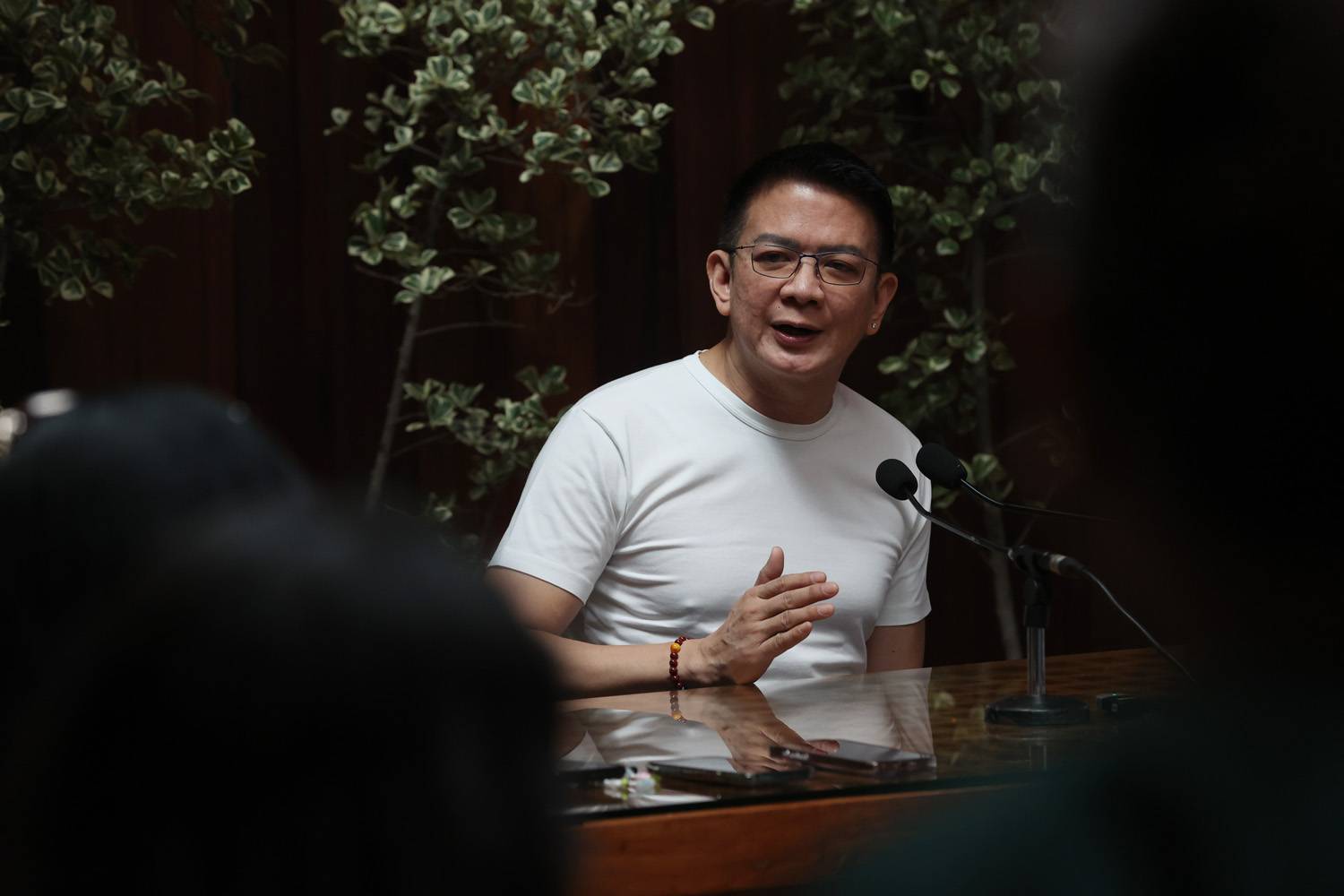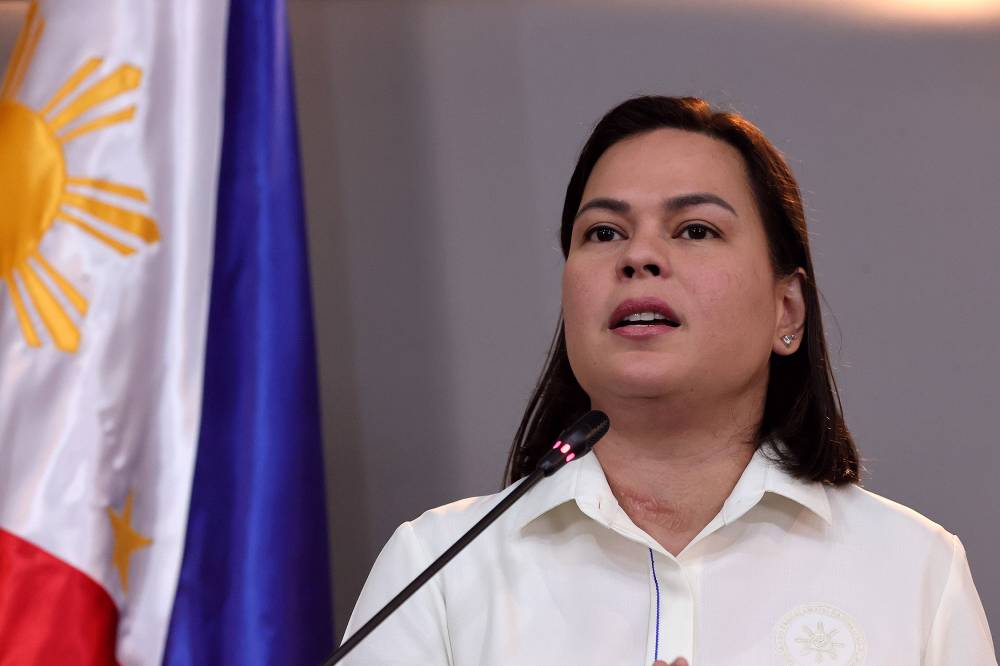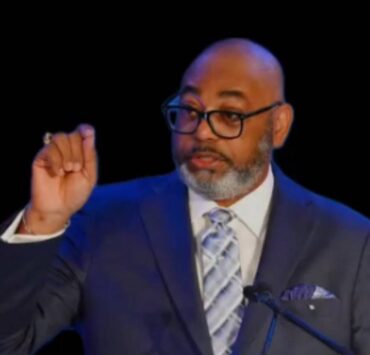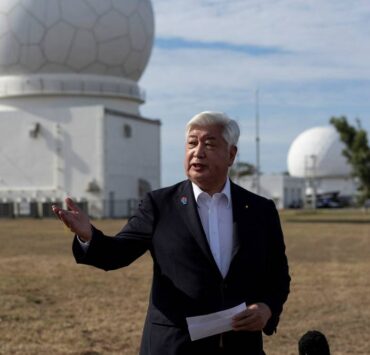Chiz: Senate needs special session to start Sara trial

The Senate cannot hold a special session on its own to act on the impeachment complaint against Vice President Sara Duterte, Senate President Francis “Chiz” Escudero said on Sunday.
“That’s new. The Senate cannot hold a special session on its own. There’s a process, a procedure and a basis needed before calling for a special session. It’s not that simple,” he said in an interview with radio station dzBB.
He also stressed that informal meetings or caucuses among senators are not special sessions that can convene an impeachment court.
Escudero’s remarks were in response to Minority Leader Aquilino “Koko” Pimentel III’s earlier statement that without the President calling for a special session, the Senate may convene on its own as an impeachment court even during Congress break.
Pimentel also urged Escudero to call for a caucus to decide on the timeline of Duterte’s impeachment trial, believing that the trial could start as early as March.
He stressed the need for his colleagues to focus attention also on their duty to hold the impeachment trial, not just other concerns, particularly the campaign for the 2025 midterm elections.
The caucus will be an opportunity for the senators to present and explain their respective position on the matter, Pimentel said.

While he and Pimentel have yet to discuss the latter’s proposal, Escudero said he doesn’t see the need to treat Duterte’s impeachment differently as compared with previous cases.
Earlier cases
The Senate chief was referring to the impeachment cases of the late former Chief Justice Renato Corona and former Ombudsman Merceditas Gutierrez.
He recalled that in Coronas’ case, the Senate at that time was in session but did not convene as an impeachment court until after the Christmas break.
In the case of Gutierrez, Escudero said that the Senate had three days in session at that time, but only convened after the recess or one and a half months.
“Now this was filed with only two hours left before we were about to go on recess, and now we’re being accused of delaying it and not doing our job?” he said.
“I don’t want to treat Vice President Duterte’s impeachment complaint as something special. Just because it’s the first Vice President to be impeached, or because it’s Duterte. We should handle it the same way the Senate has dealt with previous cases,” he said.
Impartial stance
According to Escudero, they would not give much weight to those who already have a stance—whether for or against impeachment, or for or against Duterte.
“We will follow the Constitution, the law and what we believe is right—not what partisans dictate or those who may have their own position in relation to the impeachment,” the Senate leader said.
In a separate radio interview, former Senate President Franklin Drilon said he could not understand the insistence that the Senate President can call the chamber to a special session to consider the articles of impeachment.
“Only the President can do that. Or, that the convening of the Senate into impeachment court is automatic. That is not authorized under the Constitution,” Drilon said, adding that “the ball is now with the President.”
According to Drilon, the Constitution does provide for instances when Congress can meet without a formal call from the President, such as when meetings are held in accordance with the regular calendar or when a majority of the Cabinet certifies that the President can no longer discharge his functions.
Another instance is when the President declares martial law, in which Congress is duly mandated to convene to approve or revoke the declaration, he added.
However, when it comes to the convening of the impeachment court, Drilon stressed that a special session is indispensable, if Congress is not in session.
Drilon said the process will commence with the referral of the complaint to the impeachment court—and only then can the impeachment proceedings move forward.

















